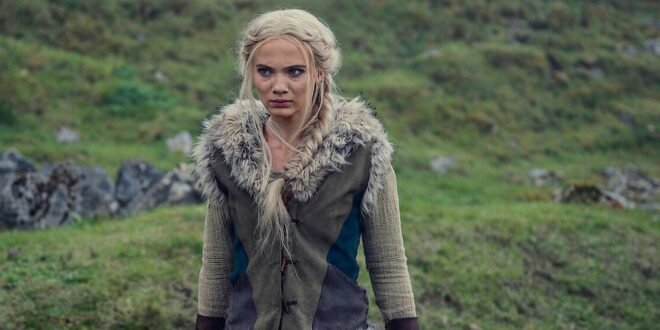Netflix’s The Witcher immerses viewers in a captivating fantasy realm where humans coexist with perilous monsters and mystical beings. The story centers around Geralt of Rivia, a skilled monster-hunter endowed with supernatural abilities. As he navigates a treacherous landscape filled with political intrigue, moral dilemmas, and complex relationships, Geralt grapples with his identity and the implications of his choices.
Throughout the series, themes of destiny and morality emerge, exploring how humans and non-humans alike confront their fates. Geralt’s encounters with characters like Yennefer, a powerful sorceress, and Ciri, a girl with a mysterious past, deepen the narrative, showcasing their intertwined destinies. The plot blends action, personal growth, and the complexities of human nature, emphasizing that true monsters often emerge from within.
The series is noted for its rich world-building, intricate lore, and character development, drawing from Andrzej Sapkowski’s beloved book series. The show’s blend of action, drama, and dark humor resonates with audiences, making it a significant cultural phenomenon. As Geralt faces relentless challenges and adversaries, he must also confront the choices that define him in a world where good and evil are not always clearly defined. Engaging and visually stunning, The Witcher provides a fresh take on the fantasy genre, appealing to both fans of the original works and new viewers alike.
Read this related Trek here:
The Witcher Season 4 Expected Release Date, Cast and Plot
 Trek.pub Trekking around the net
Trek.pub Trekking around the net




